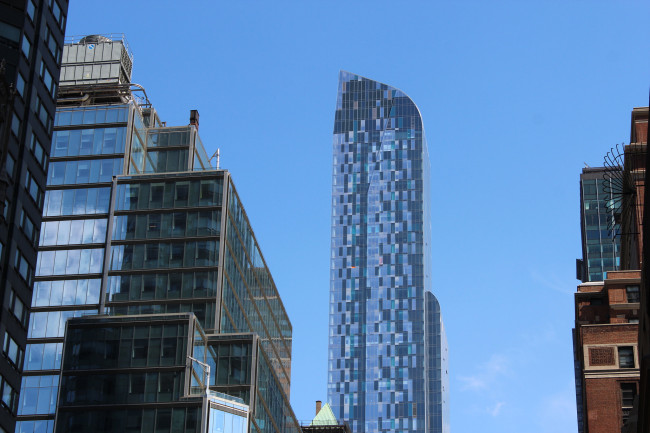After new laws, Vancouver homeowners face tax bills to the tune of $100K or more
With foreign investment inflating sales prices in cities across the globe, strict new measures enacted in Vancouver to address the problem, including a vacancy tax as well as a 15 percent tax on foreign buyers, may be a game-changer. Unsurprisingly, the new laws have already had significant consequences, with even mid-range foreign home buyers seeing tax bills to the tune of tens, or even hundreds, of thousands of dollars.
As the Wall Street Journal reports, foreign buyers who don't fit the profile of "ultra-wealthy luxury investor" are being hit hard by the new laws. For example, one American couple living in the city for work faced a choice between losing a $38,000 deposit on a home they were buying when the tax went into effect, or dipping into retirement savings for $113,000 to cover the tax. (Ultimately, they opted for the latter.)
Many buyers have complained that the tax was announced with just a week's notice, and applied to deals that were already underway, WSJ reports. And some experts think that the 40,000 Americans with work permits in Canada may well have cause to fight the new regulations on the grounds that they're a violation of the North American Free Trade Agreement.
While we've written previously that a similar foreign buyer tax wouldn't fly in NYC thanks to federal Fair Housing laws, the situation in Vancouver still offers a fascinating example of how to handle an uptick in foreign investment, an issue that has loomed large over the NYC market.
"It's not a free lunch when you choke off demand and sales volume," Jonathan Miller, president and CEO of appraisal firm Miller Samuel, tells us. "Sales volume will drop enough that you're not seeing an increase in tax revenue even with the higher taxes, and you see a drop in construction employment and all these ancillary services associated with the industry."
Miller also points out that Vancouver's high-end market targeted by foreign investment is, just as it is in New York, generally a separate set of housing stock. "I'm not saying foreign investment hasn't driven up housing prices, but I'm not so sure," he says. "I've never seen anything compelling that would suggest it. This housing product, much like the super-luxury product in Manhattan, is completely different than the existing product."
It's interesting food for thought if New York ever tried to levy a similar tax, say on apartments above a certain price threshhold or vacant apartments. But in some ways, our city's market is already starting to discourage foreign investors (and indeed, luxury investors as a whole) on its own—at least, investors who hope to rent out their high-priced units (as opposed to letting them sit empty, serving as what Miller calls "safe deposit boxes.")
"What's interesting is that the market in New York is already oversaturated, because so many of these luxury apartments are investor units, and they're flooding the luxury market," says Miller. "You'll have seven units in a new building's A line, all asking $14,000/month, and are they all going to get it? No. Because they're competing with each other, and with the new luxury rental building across the street where the developer knows to offer concessions."
You Might Also Like



























